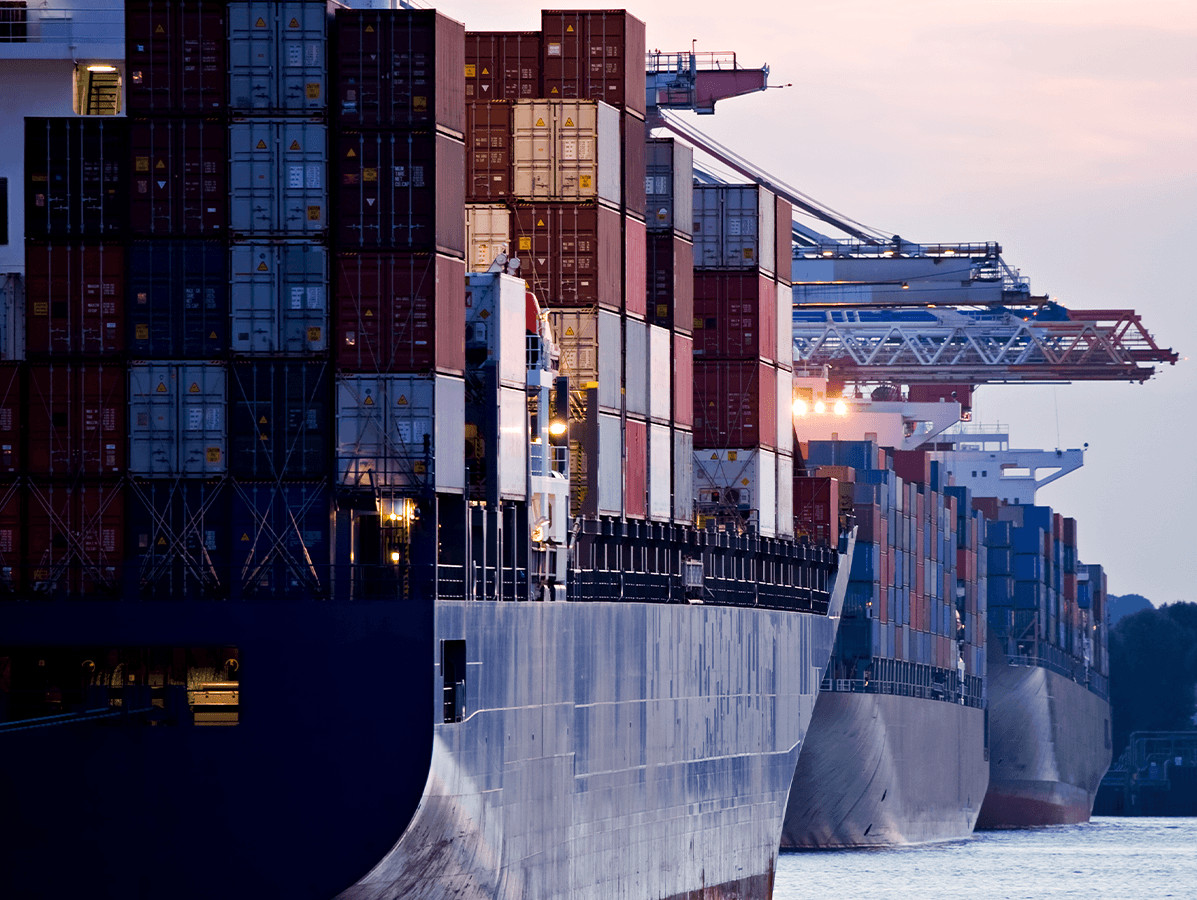
Just one mouse click to find out whether a product or ingredient has been produced in a socially responsible way? At the moment, it still seems too good to be true, but agricultural economist Petra Berkhout of Wageningen Economic Research is working hard with a group of researchers on a dashboard that will make this possible. Port of Amsterdam wants to use the dashboard to boost the sustainability of raw materials supplied.
"The large companies usually know the conditions under which their raw materials have been cultivated. They have direct lines with their suppliers, have the power to set requirements and have the manpower to check whether those requirements are met. For smaller companies, this is a lot more difficult. Certainly if they also import many different products, it is impossible to trace the origin of your raw materials," says Petra Berkhout.
To change this, Berkhout carried out a Seed Money Project (SMP). Berkhout: "For Port of Amsterdam, we investigated how you can determine the CSR aspects of product flows. We used soy from Brazil as a test case." She inventoried which publicly accessible databases contained data on corporate social responsibility. "It turned out that the environmental aspects of soy cultivation have already been mapped out fairly well. The social aspects, however, still receive little attention." She also looked at how to link the data from the various sources.
"There are hundreds of product flows through the Amsterdam port," says Mark Hoolwerf, Area Manager of consortium Port of Amsterdam: "It is therefore quite a challenge to map out which sustainability challenges occur in which chain. The SMP results give us a handle on what we can expect from whom, because it helps us to identify the specific sustainability challenges and the underlying dynamics."
Berkhout expects the dashboard to be up and running in two to three years' time, enabling companies and consumers to make more informed choices about their purchases.
Source: Topsector TU